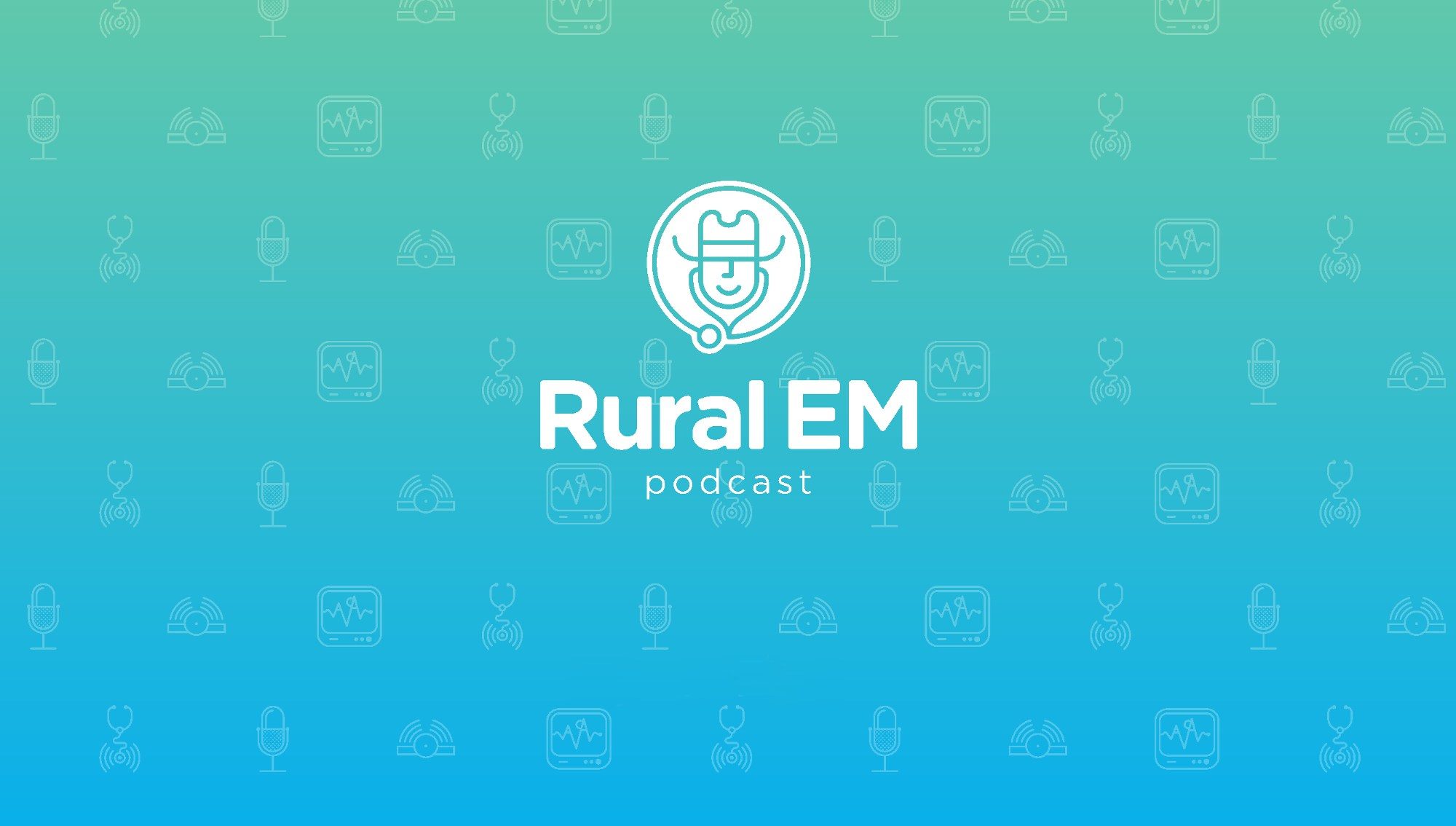In this episode we interview Dr. Craig Heacock. He discusses how to recognize psychosis in the Emergency Department.
Psychosis can be easy to recognize when the person is actively hallucinating and is agitated, however there are many types of psychosis that can be difficult to recognize.
Psychosis is a general term that describes losing touch of reality. Symptoms of psychosis can include paranoia, auditory hallucinations, command hallucinations, poverty of thought, ideas of reference, mind reading, delusions of grandeur, etc. It is important to remember that a person with psychosis may have one or many of these symptoms and each symptom can be of varying intensity.
When you have a patient in the Emergency Department and you suspect psychosis, the first to do is slow down and don’t rush the evaluation. To properly evaluate these patients you need to spend time with the patient and you need to obtain collateral history.
Collateral history from friends and family is a key component to evaluating any patient with mental health issues. Dr. Heacock describes collateral history “as the imaging of psychiatry.” Typically these patients lack insight into their condition and are suspicious. As such, the patient will often not be forthcoming during the interview. This leads to a lack of information, but collateral history can fill in these gaps.
Another important thing to remember when evaluating a mental health patient is to keep yourself safe. Pay attention to your internal “danger meter” and if you feel like the situation is unsafe you need to leave the room immediately and call for help.
When you have identified psychosis (or other serious mental health issues) it is often beneficial to discuss the case with the patient’s psychiatrist or other mental health provider. They will often have insights on the patient’s situation and ways they can help.
Lastly, remember that marijuana use can potentiate psychosis. Discuss the need for marijuana cessation in these patients.
If you are a physician, nurse practitioner, or physician assistant and going to claim CME credit, by downloading you acknowledge that you have read and understand the CME disclosures and information.
Download the episode here: Episode 18: Recognizing Psychosis
Difficulty downloading? Right click (Mac users ctrl-click) then choose “Save link as…”
Click here to take the Quiz for CME (***Physicians, NPs, and PAs only***)

This work is licensed under a Creative Commons Attribution-NonCommercial-NoDerivatives 4.0 International License.

